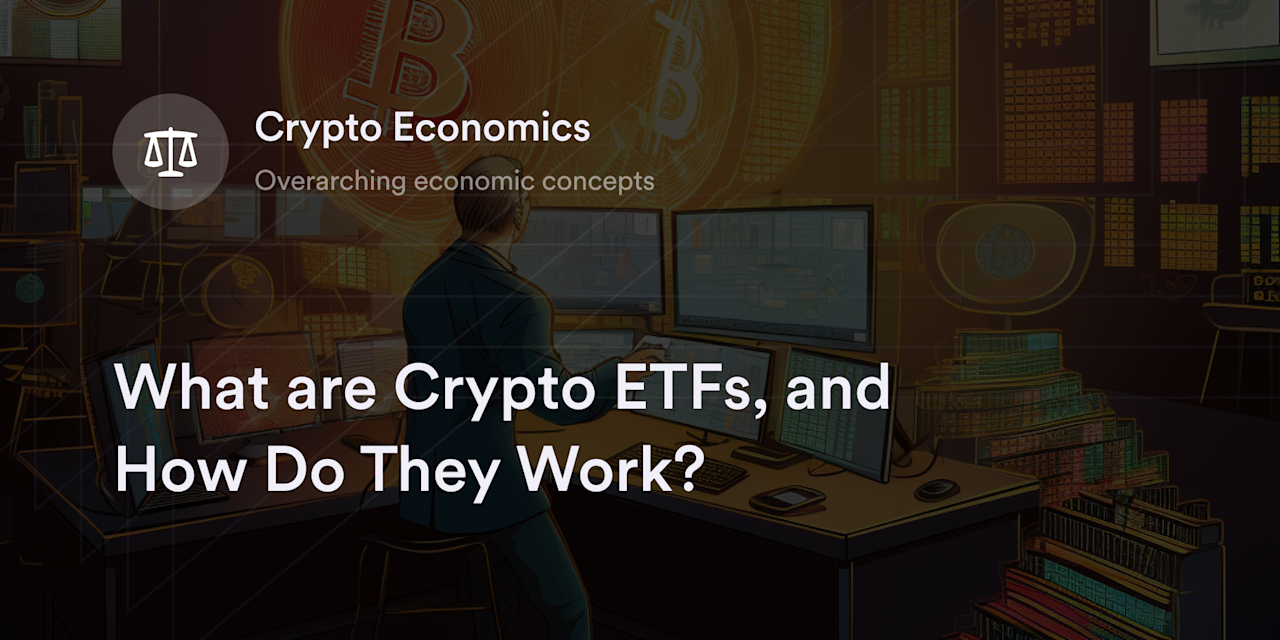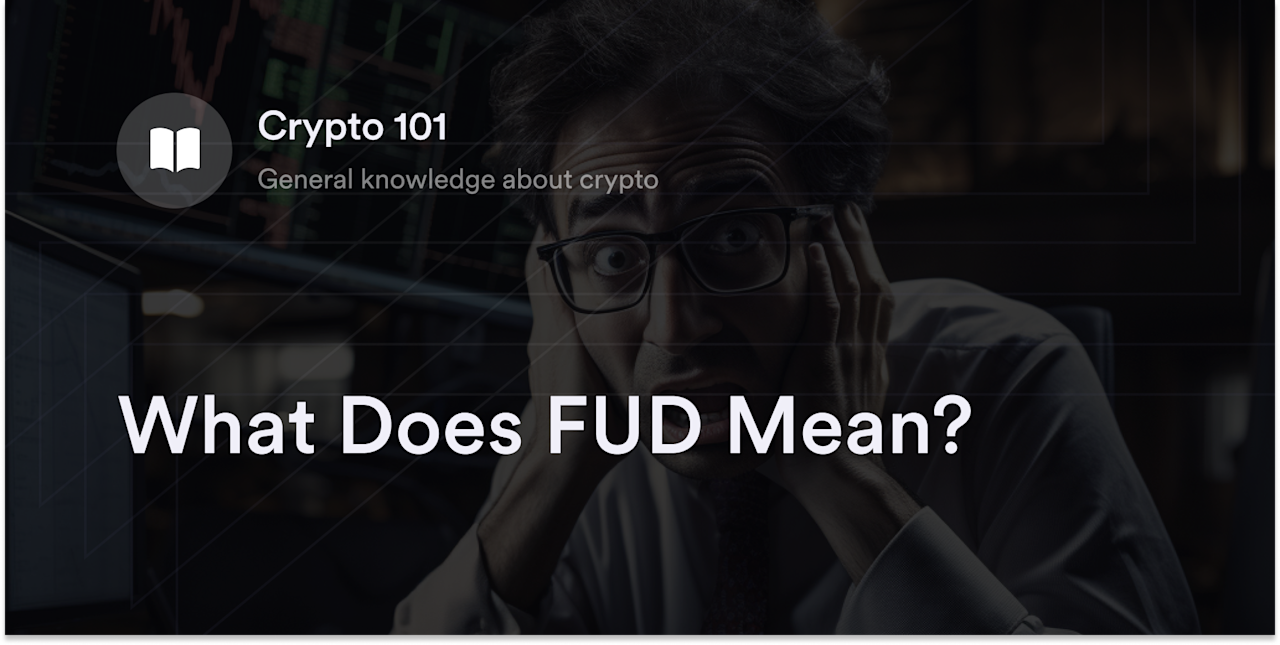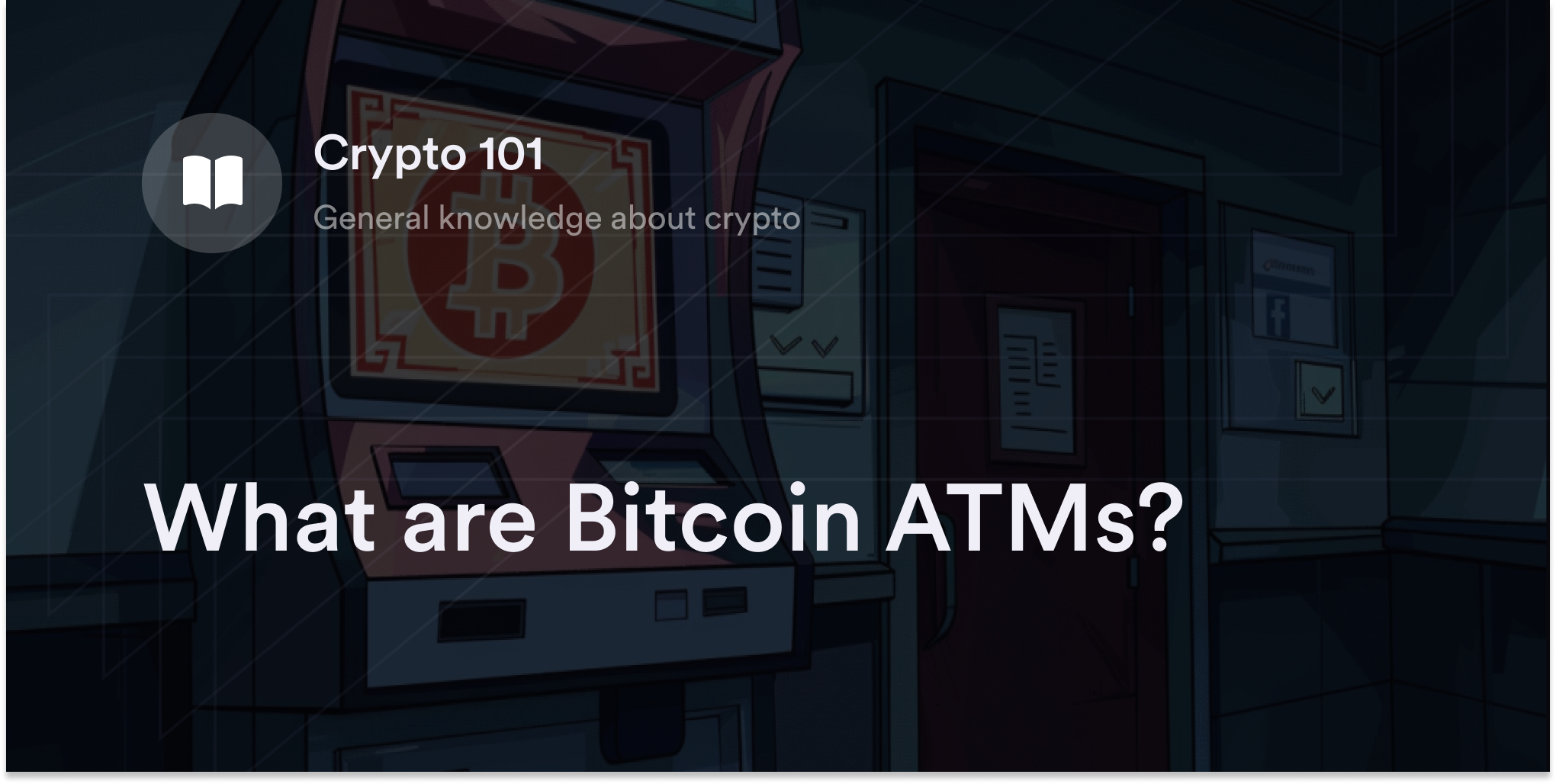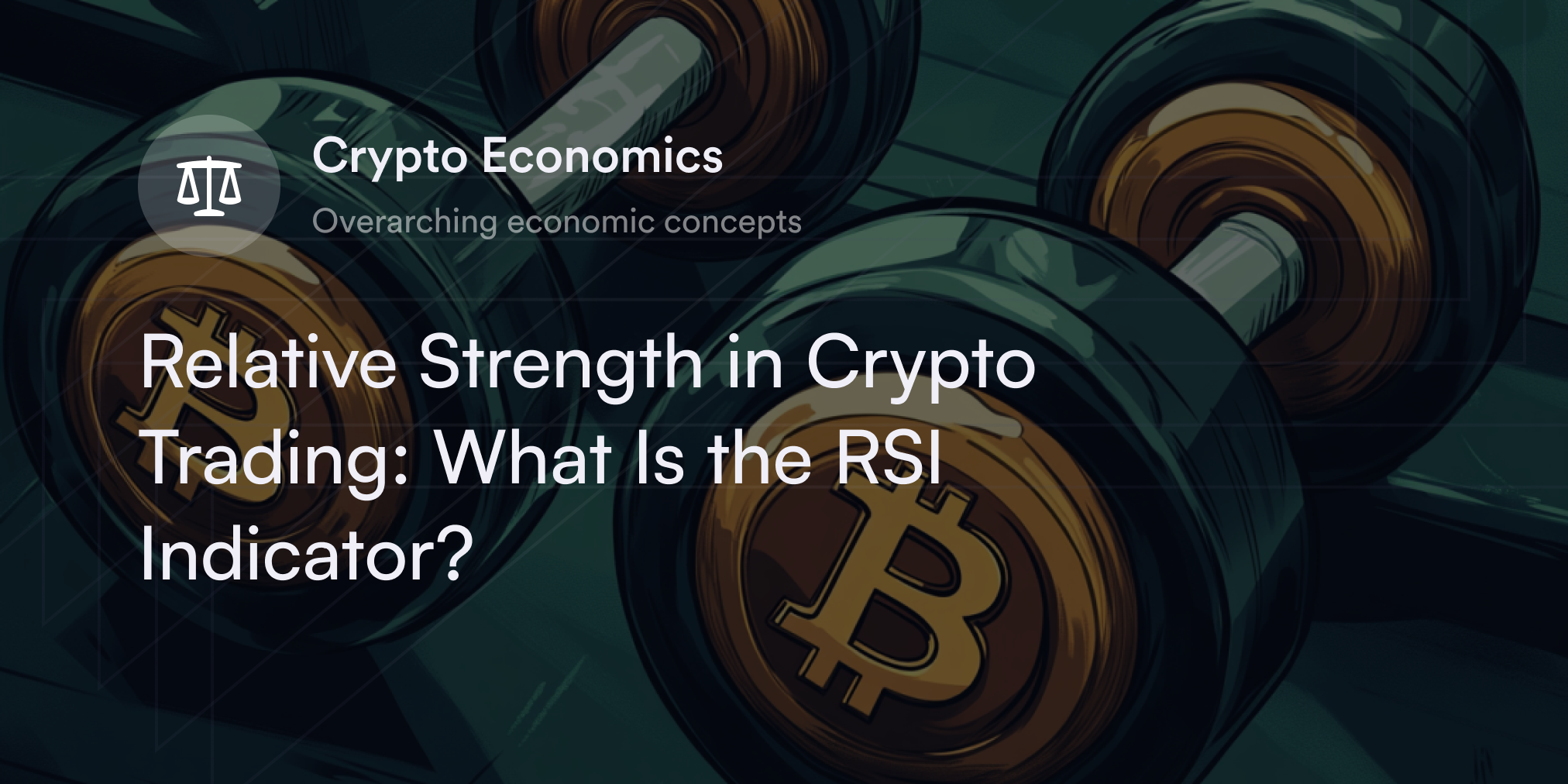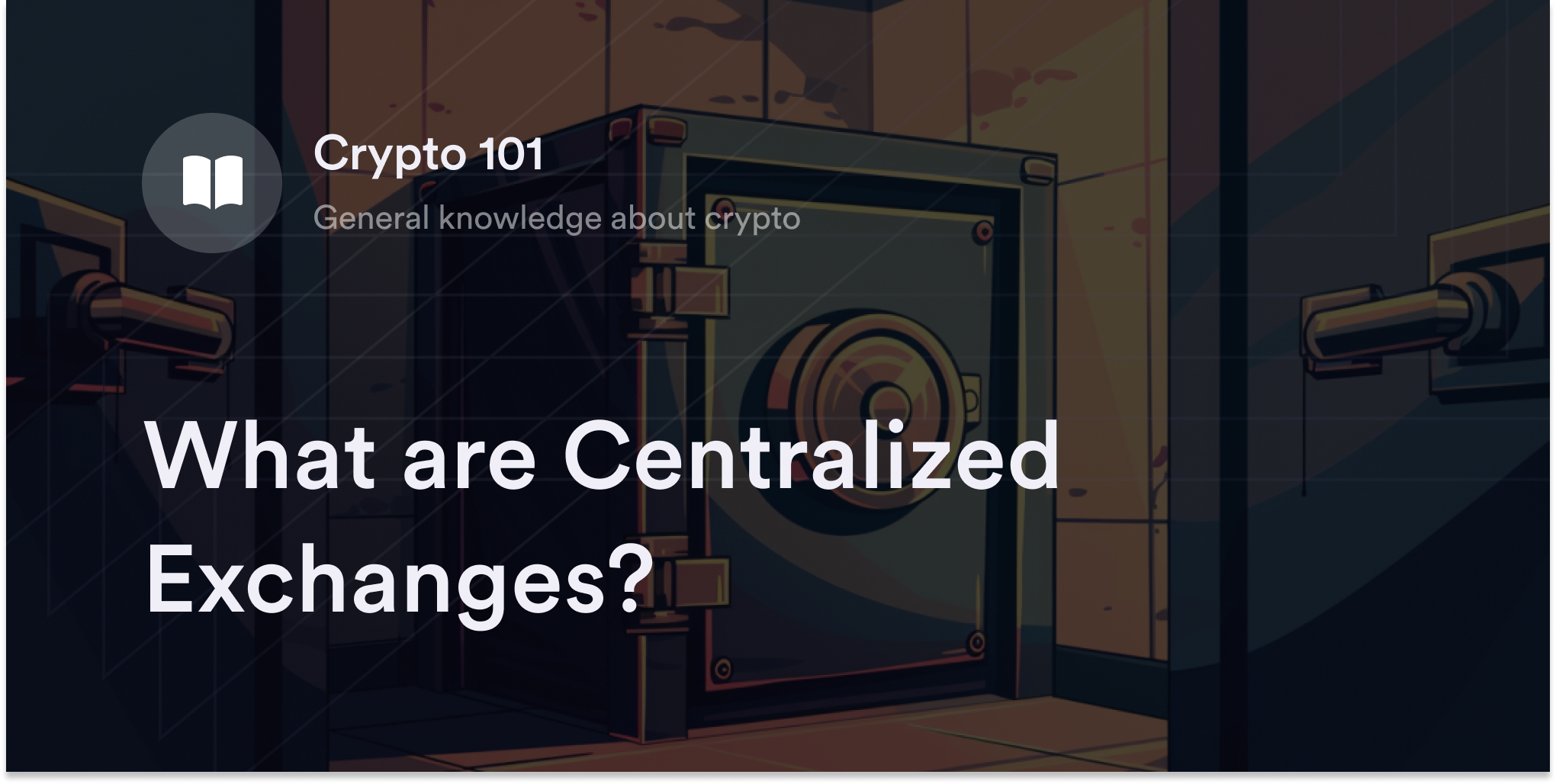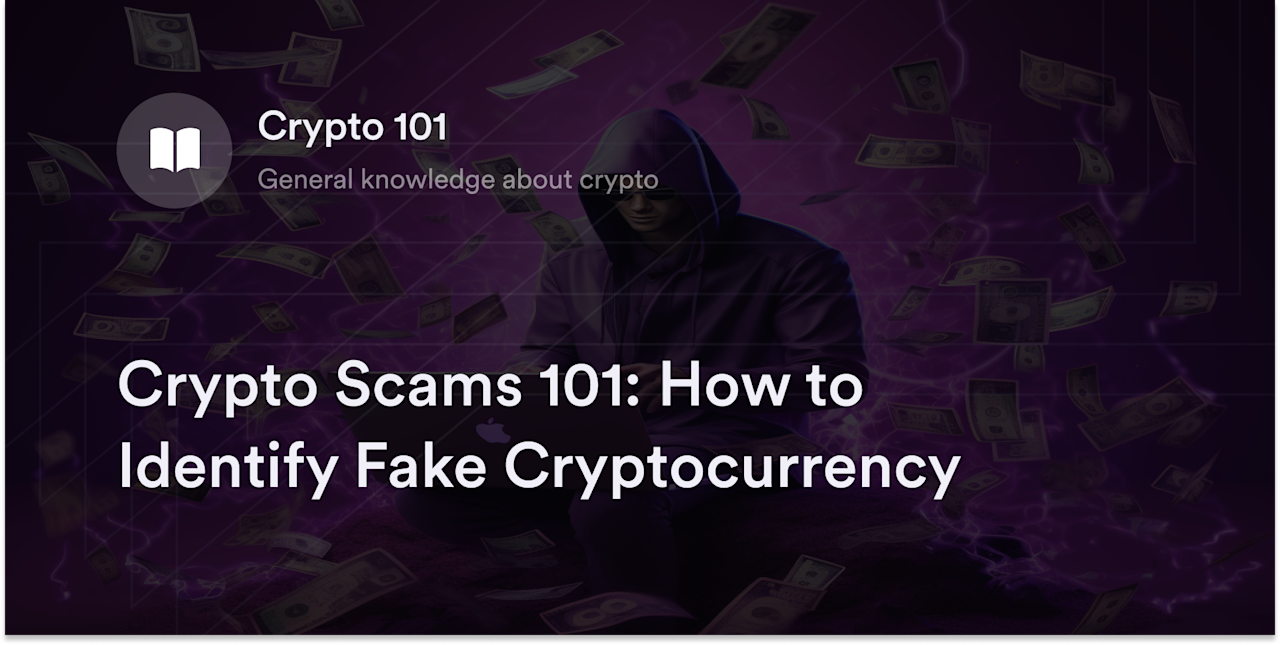
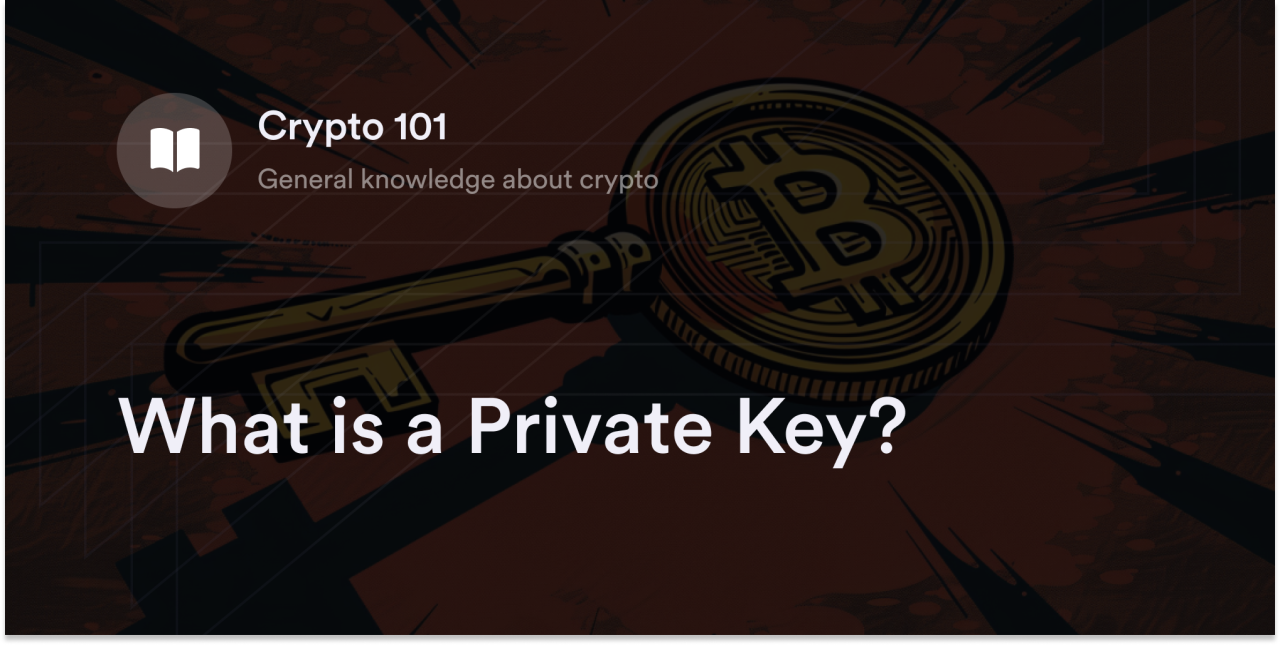

Ukrainian politician Davyd Arakhamia could have added "Bitcoin millionaire" to his resume—if only he’d been more careful with his cryptocurrency wallet data.
Arakhamia has 400 BTC—worth $12 million USD at the time of writing—locked in an inaccessible account. Why can't he claim his digital funds? Apparently, he mistook a file containing his wallet's "private key" for old films. When Arakhamia was decluttering his computer, he unintentionally deleted the only key to his BTC fortune.
Arakhamia's costly mishap highlights the central role of a wallet's private key in cryptocurrency security. Even if a person knows their wallet's blockchain address, it's only useful with the private key. So, what is a private key, how does it work, and what's the best way to keep it safe?
What is a Private Key?
A private key (or “secret key”) is a long line of code that serves as the "master password" for a user's cryptocurrency wallet.
With a wallet's private key, the owner has exclusive entry to their account's "blockchain address." Blockchains are decentralized computer networks that record transactions for digital currencies, like Bitcoin, on a public payment ledger. Every cryptocurrency lives on its blockchain—not in traders’ wallets. However, a wallet's private key gives the holder special access to their coins or tokens at specific locations on the chain.
Because cryptocurrencies exist on decentralized blockchains, they aren’t lost when someone accidentally damages a wallet. But a person can only confirm (or “sign”) cryptocurrency transfers to other wallets and restore digital funds in lost accounts with the wallet’s private key.
For example, if a trader drops a hardware wallet and irreparably damages it, their assets remain accessible. The holder can enter their secret key into a new non-custodial cold wallet to "unlock" their cryptocurrencies stored on the network on the functional device.
How Does a Private Key Work?
When a person sets up a new account, the wallet automatically generates a random private key associated with a location on a particular blockchain.
Most wallets use the "BIP39 Standard" wordlist to create a "seed phrase" corresponding to the private key. A seed phrase is a readable list of 12–24 words from 2,048 possible terms. Each seed phrase is unique and directly corresponds with a private key.
Many wallets issue cryptocurrency holders a seed phrase rather than its private key because it’s easier to remember words like "ability" and "wedding" than a random string of letters and numbers. Thanks to cryptographic technologies, wallets automatically decipher (or “decrypt”) a user's seed phrase to reveal the associated private key. This is how an owner recovers lost digital assets after entering an old seed phrase in a new wallet.
Since private keys are only associated with one wallet address, they double as "digital signatures." Whenever people send cryptocurrency from their wallet, they confirm every transaction by “signing” it with their private key before it posts on the blockchain. In this way, a private key is a sort of "virtual fingerprint" only the wallet's owner has the authority to give. Signing cryptocurrency transactions with a wallet's private key adds extra security to the process.
Explaining Public Versus Private Keys
The private key is an essential element for every cryptocurrency wallet, but it isn’t the feature that allows users to receive digital assets in their accounts.
Private keys only give people privileged access to their cryptocurrencies stored on the blockchain. To safely send assets to other users, exchanges, or Web3 protocols, traders use a related cryptographic technology called a "public key."
Think of a public key as a house’s address and the private key as the key to the front door. A person can share their address with friends and businesses to receive visitors and mail, but they wouldn’t give out a key to their home. Similarly, traders can safely share their public keys to transfer digital currencies while keeping their private keys to themselves.
Using a cryptographic system called "asymmetric encryption," a public key is connected to a wallet's private key, but there's no way to figure out the latter using the former. Only the private key has the power to decrypt the information from a public key. Therefore, sharing public keys with other users is safe.
Keep in mind that every blockchain has different coding standards, so there isn't a "master" public key for every digital asset. For example, sending Ethereum (ETH) to a Bitcoin address is impossible because these cryptocurrencies use different protocols. Always double-check that the public key matches the target cryptocurrency (e.g., BTC for BTC and ETH for ETH) before hitting “Confirm” on a transaction. If a person sends a coin or token to an incompatible public wallet address, they lose that cryptocurrency.
Why is a Private Key Important?
Private key cryptography makes it possible to safely send and store digital assets on peer-to-peer (P2P) blockchain networks and enhances online privacy.
A wallet's private key serves as a "digital ID" in Web3 without revealing the user's identity. To set up a wallet, a trader doesn't need to share personal information, such as their name or home address. And because every private key is unique to a wallet address, when a person confirms cryptocurrency transfers in decentralized applications (dApps), all they need to enter is their private key.
Private keys also serve as the only safety net in cryptocurrency. Blockchains are decentralized, meaning there are no customer support lines to help people who break a phone with their software wallet or lose their hardware wallet. However, as long as the private key is secure, traders have a reliable way to reclaim their assets.
How to Safely Store a Wallet's Private Key
There’s no hard and fast rule for storing a private key—every cryptocurrency trader chooses their preferred method.
Many traders suggest writing the private key or seed phrase on a piece of paper and locking it in a secure place. This strategy mitigates the risk of cybersecurity issues that come with storing the key on a digital device. Although encrypted files and Cloud storage are convenient for tech-savvy traders, they aren't hack-proof.
However, a disadvantage of using paper is that it’s prone to tears, smudges, and damage in a fire or flood. To mitigate the threat of decay and destruction, many traders store this paper in a fire-proof safe or safety deposit box. There are also specialty sheets of metal, such as steel, specifically designed for recording private keys. Although these measures incur extra costs, they offer strong protection against fire, water, and accidental rips.
Whether a person uses an encrypted file, paper, or a steel sheet, they should keep their private key a secret. If a cybercriminal finds a user’s private key or seed phrase, they have the power to break into the wallet and steal the cryptocurrency inside. Often, crypto scammers try to scare new users into giving up their private keys to solve a fake security issue. For example, fraudsters sent thousands of phishing emails appearing to be from the wallet MetaMask asking users for their private keys. Wallet companies should never ask for a user's private key or seed phrase, so always assume these messages are fake. Never share a wallet's private key with a company, stranger, or even a friend; be sure this information is locked away where others can't access it.
How to Recover Cryptocurrency With a Private Key
Most hot and cold crypto wallets recover lost digital funds using the same procedure. Suppose a trader breaks a cellphone with their Phantom software crypto wallet. To regain access to the assets on this account, they must first buy a new phone and re-download the Phantom app. When setting up a new wallet, the app asks whether this is a "New Account" or if the user wants to "Recover Another Crypto Wallet." After choosing the second option, Phantom asks for the previous wallet's seed phrase. As long as the user enters their seed phrase in the correct order, all of the assets in their old Phantom wallet will reappear on their phone.
Where Do People Find Their Private Key?
When creating a new account, wallets typically issue users their private key as a seed phrase. During the set-up process, most wallets instruct users to write their seed phrase on paper and double-check for misspellings. Some wallet brands require people to re-enter their seed phrase as a final step to verify they recorded the words in the correct order.
If a person wants to see their seed phrase after setting up their account, most wallets have a "Security" tab where they can view their backup recovery phrase. However, each wallet stores this information in a different place, so it’s important to consult the official software wallet or hardware manufacturer's guidelines.
Learn More Web3 Safety Tips With dYdX Academy
Purchasing digital assets like Bitcoin (BTC) is exciting but requires a lot of knowledge and responsibility. Those new to the cryptocurrency ecosystem should check out the dYdX Academy to learn how to stay safe when buying, storing, and sending crypto assets. Our beginner-friendly guides cover all the basics of blockchain technology, including setting up a crypto wallet, trading digital assets, and transferring cryptocurrencies.
If you’re interested in learning more about our platform and product, head to our blog! dYdX offers eligible traders low-fee perpetuals trading on our non-custodial trading platform. You can read through our blog to learn more about trading on dYdX and stay up-to-date with any product updates/announcements!
Disclaimer
The content of this article (the “Article”) is provided for general informational purposes only. Reference to any specific strategy, technique, product, service, or entity does not constitute an endorsement or recommendation by dYdX Trading Inc., or any affiliate, agent, or representative thereof (“dYdX”). Use of strategies, techniques, products or services referenced in this Article may involve material risks, including the risk of financial losses arising from the volatility, operational loss, or nonconsensual liquidation of digital assets. The content of this Article does not constitute, and should not be considered, construed, or relied upon as, financial advice, legal advice, tax advice, investment advice, or advice of any other nature; and the content of this Article is not an offer, solicitation or call to action to make any investment, or purchase any crypto asset, of any kind. dYdX makes no representation, assurance or guarantee as to the accuracy, completeness, timeliness, suitability, or validity of any information in this Article or any third-party website that may be linked to it. You are solely responsible for conducting independent research, performing due diligence, and/or seeking advice from a professional advisor prior to taking any financial, tax, legal, or investment action.
You may only use the dYdX Services in compliance with the dYdX Terms of Use available here, including the geographic restrictions therein.
Any applicable sponsorship in connection with this Article will be disclosed, and any reference to a sponsor in this Article is for disclosure purposes, or informational in nature, and in any event is not a call to action to make an investment, acquire a service or product, or purchase crypto assets. This Article does not offer the purchase or sale of any financial instruments or related services.
By accessing this Article and taking any action in connection with the information contained in this Article, you agree that dYdX is not responsible, directly or indirectly, for any errors, omissions, or delays related to this Article, or any damage, injury, or loss incurred in connection with use of or reliance on the content of this Article, including any specific strategy, technique, product, service, or entity that may be referenced in the Article.

